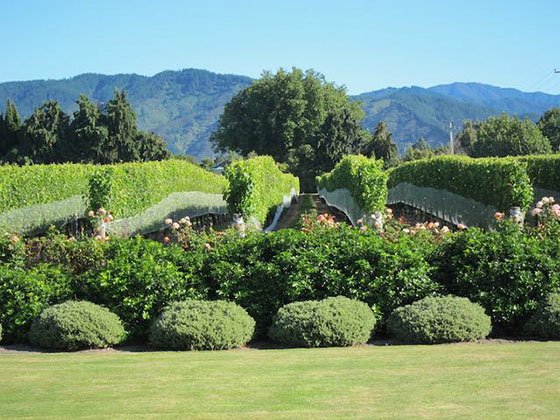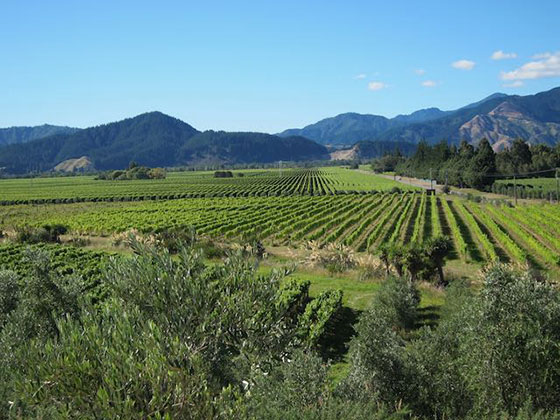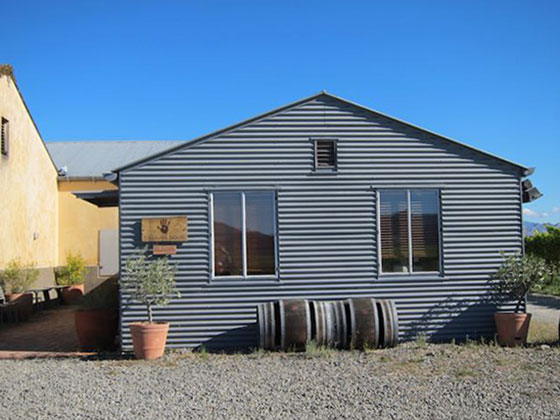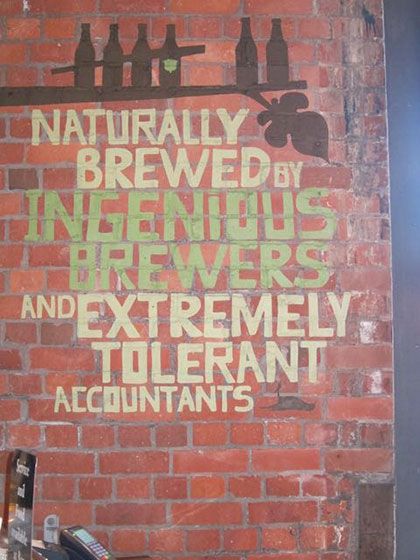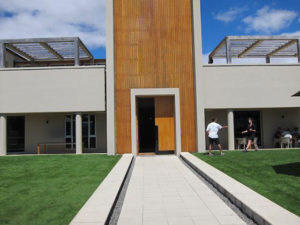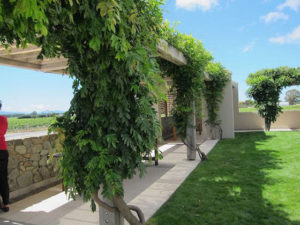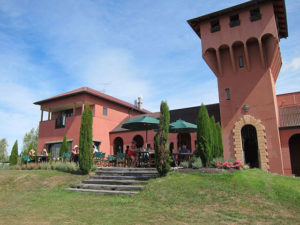Wine has transitioned from what was an important source of nutrition to an alcoholic beverage that complements the taste of certain foods. In some countries, wine is still considered a food rather than a beverage. The information here is designed to ‘whet your appetite’ to start exploring some of the magnificent wine regions in the world or hidden gems in your country.
Wine growing regions
There are hundreds if not thousands of different wine regions now spread across the world. While this is the case, many still consider France, Italy, and Spain to be the top three wine lover destinations.
That said, the United States, specifically California has made incredible strides towards producing beautiful wines. Argentina, South Africa, and also Australia is producing some fine wines particularly in South Australia’s Barossa Valley, New South Wales’ Hunter Valley and Western Australia’s Margaret River region.
The Marlborough region in New Zealand produces some first class wines and is a beautiful location to visit and take in some of the local wineries. And yes, this is absolutely a personal recommendation to visit New Zealand’s Marlborough district in the South Island.
If you’re interested in hikes this is one spot to put on your to do list. The Queen Charlotte track is picturesque and takes in the top part of the south island overlooking the stunning Marlborough Sounds.
The scenery is spectacular and it’s not a particularly difficult hike if you have a reasonable level of fitness. It can be completed walking around 5-6 hours a day over 4 days. The overnight accommodation stays along the way are ideal to rest up and enjoy fresh local produce and locally produced wines.
If you’re still keen to do more hiking after the Queen Charlotte track, the Able Tasman national park is not far away. Still in the north of New Zealand’s South Island. Take on day hikes from a base or for the more adventurous, strap on the tent and hit the track.
And then of course immerse yourself in the grape growing Marlborough region in the north of the south island.
We thoroughly enjoyed some wonderful whites with fresh produce and local seafood and hospitality at the abundant number of cellar doors.
I understand that the North Island in New Zealand is home to some fine wine growing areas as well. Definitely on my must visit list for next time.
Gastronomy
The means the relationship between culture and food. There are many gastronomes that dedicate their entire lives to not only understanding the process through which the wine is created but also the relationship between different wines and their associated dishes.
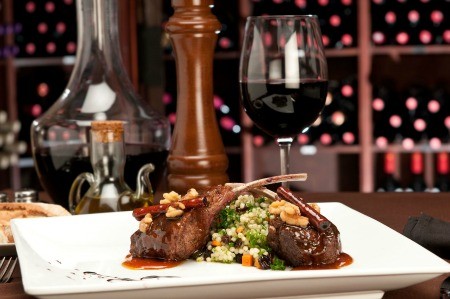
Because not even the experts can know for sure which wines go with which dishes, it’s important to start your wine journey with what you enjoy.
When choosing your wine, look at the ingredients that your meal is being cooked with as well as the cooking method and the sauces used.
History
The history of wine varies hugely according to each country across the world. The exact history of wine is not really set in stone.
Some say that it dates back to before the Romans, others say the first proof of winemaking was found on pottery from ancient Chinese times.
While this is the case, the earliest evidence of winemaking using grapes is from the Neolithic period site in Iran which dates back to 5400-5000 BC.
In Europe, scientific proof of the history of wine dates back about 12,000 years ago in Greece and 10,000 years ago in France.
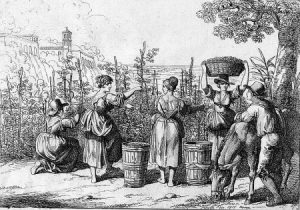
Tradition
Wine has evolved as part of many peoples’ everyday lives. The tradition expanded with the Roman Empire throughout the Mediterranean and then Europe. It spread to France, Spain, Germany, and parts of the United Kingdom.
Wine played an important role in history because water purity was unreliable and wine was seen as a safer option. The preferred drink to accompany meals was wine.
With improved production techniques, wine has become an art and a science. Wine now plays an important role in the diversity of European culture.

